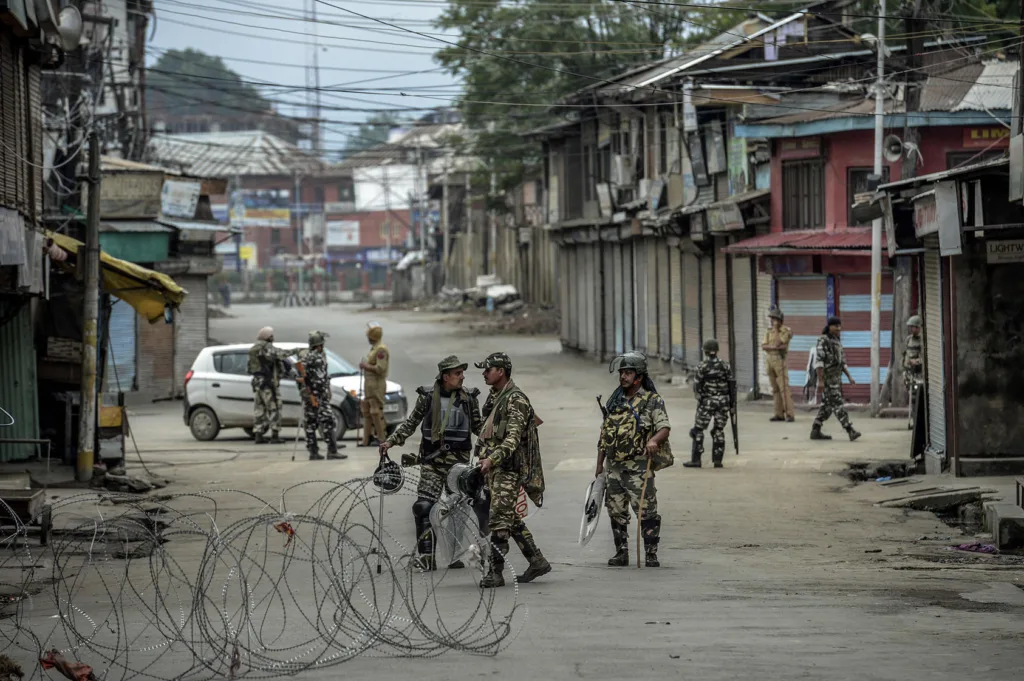Munir Akram, UN envoy to Pakistan, warned the Security Council at a high-level meeting on Friday that the General Assembly must promote peace through dialogue when the Council cannot act.
As stated by Ambassador Akram, “the Security Council is widely felt to have failed to stop the slaughter in Gaza and to perform the role envisaged for it in the UN Charter.”
Pakistan expressed its hope that the General Assembly will take action and call for a quick end to hostilities as well as extended access to humanitarian supplies for Gaza’s suffering citizens.
Read More: Pakistan’s PM called the Israeli hospital bombing cruel.
Additionally, Munir Akram begged the General Assembly to ensure that there was no relocation of Palestinians within or outside of Gaza. He went on to argue that trying to bring back the two-state solution is the only way to bring about permanent peace in the Holy Land.
Brazil, which is currently serving as the UN Security Council president, requested this high-level open discussion. Brazil also proposed a resolution in the council last week that called for “humanitarian pauses” in the conflict to allow UN agencies full, safe, and unhindered access so they could provide help to the Palestinian people. The US vetoed the resolution.
As the General Assembly considered the Brazilian proposal, Pakistan and other Muslim nations pushed for a discussion on Gaza, emphasizing that no member could vote against a resolution.
During the Friday debate, Pakistan brought up several other instances where the Security Council has not followed its charter, such as the state of affairs in Ukraine and the strife in Jammu and Kashmir.
The Security Council adopted resolutions on Kashmir, but according to Ambassador Akram, they were never implemented and instead called for a plebiscite in the disputed region.
Kashmiri people are subject to oppression.

He said that India’s 900,000-man occupying force was brutally suppressing the Kashmiri people’s independence struggle while imposing the so-called “final solution” on them, much like Israel had done in occupied Palestine.
It is essential to fix the weaknesses of the council. The ambassador went on to say, “Pakistan thinks this can be achieved by making the Council more democratic and representative of the UN membership.”
“By expanding the voice of the majority of small and medium-sized states and by making the council more accountable through the democratic method of periodic elections,” he stated, it could be done.
The Pakistani representative said, “It is evident that the veto power of these five members, whether used directly or indirectly, is the primary cause of the Council’s shortcomings.”
Because of this, it is challenging to understand the arguments made by those who favor increasing the Council’s permanent membership count. The speaker went on to state that “the problem cannot be the solution.”
Pakistan opposes raising the number of permanent seats on the Security Council and is a member of the UN organization Uniting for Consensus (UfC). Instead, it calls for consensus prior to choosing the Security Council’s composition and organizational design.
As Ambassador Akram informed the council, the UfC has consistently argued that regional involvement might offer the foundation for a consensus on the Security Council reform problem.
Share this content: